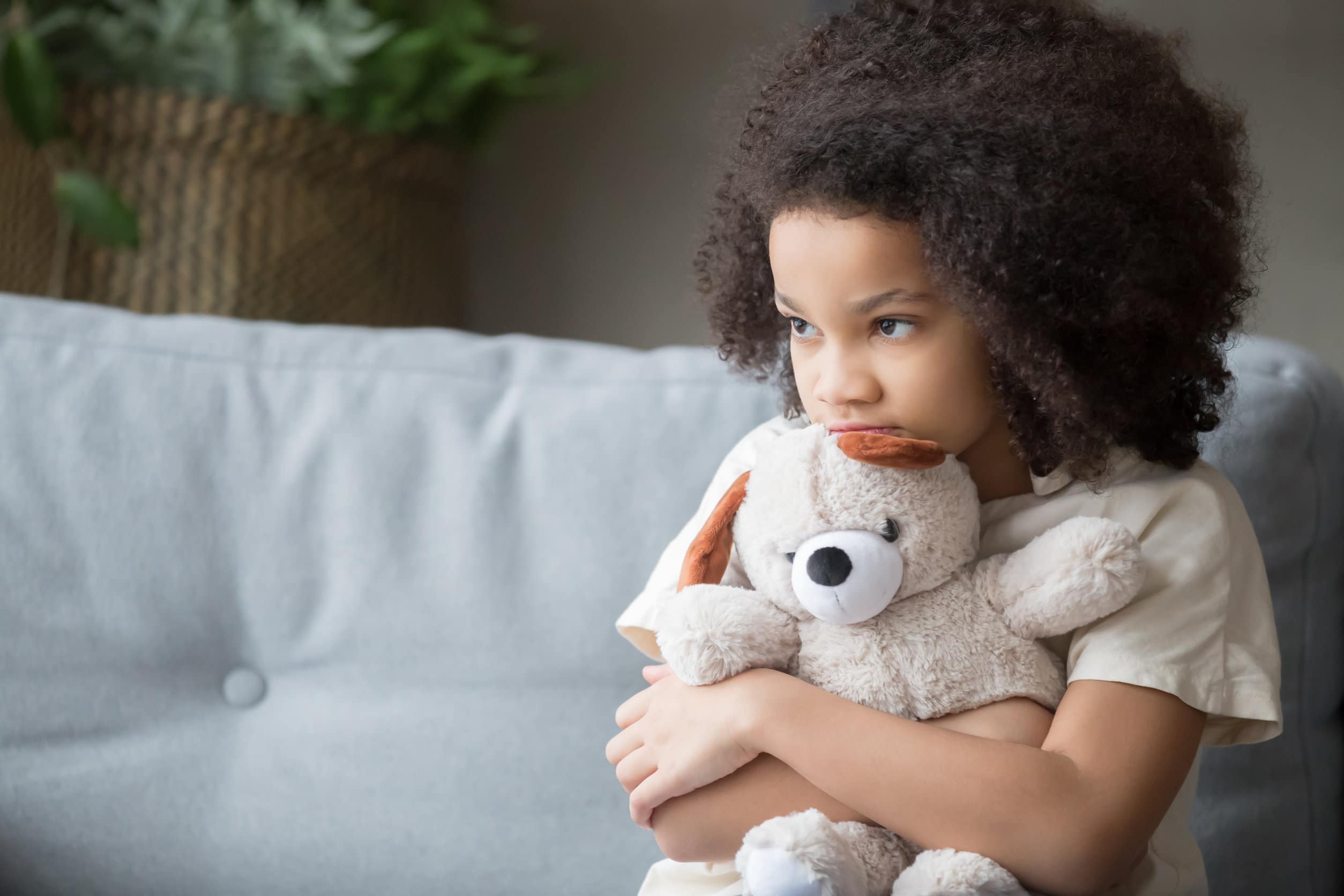Children are sometimes the unfortunate witnesses to events that include domestic violence between people in their households or their families. While it may not seem like this has an impact on a child, that’s really not the case.
Children are deeply impacted by domestic violence. They can be victims of it themselves or witness it happening to others. There are many side effects that can result from this, and it’s important to understand the effects on kids.
Here’s what you need to know about how domestic violence can impact a child.
Side Effects of Domestic Violence on Children
When children witness domestic violence or are the victims of it, it can manifest itself in the way they behave. How it impacts them exactly depends on their age, but some of the ways a child can act include:
- Signs of terror, such as hiding
- Increased crying
- Mimicking abusive behavior toward others
- Thumb sucking or bedwetting
- Behavior changes or depression
- Feelings of guilt
- Drop in self-esteem
- Trouble maintaining grades in school
- Starting to become anti-social
- Doesn’t want to participate in activities
- Alcohol abuse or drug abuse
If you are concerned about your child, remember that only the parent or guardian can keep an abuser away from a child with an order of protection. They have to seek it out on behalf of the child.
Remember, domestic violence is about more than just hitting. Other acts are also considered acts of domestic violence including:
- Verbal abuse
- Psychological abuse
- Physical violence
- Economic abuse
- Emotional abuse
Domestic Violence Against a Minor – What the Court Does
If a child witnesses domestic violence or they are a victim of it themselves, then the courts may also decide to add child abuse charges on top of domestic violence charges or assault charges. This factor can impact how the court sees the case and whether or not a plea bargain is an option.
The judge may also order enhancements to any sentence, including jail time and treatment. However, any child abuse charges that can result from an incident of domestic violence will be tried separately as a different charge, and any sentence that results from it will be separate from that of the domestic violence charges.

What About Parenting Time in Custody Cases?
In Colorado, any acts of domestic violence against the other parent of a child, or the child themselves, will be taken into consideration when determining parenting responsibilities and time in custody cases.
It’s not unusual for a parent who may be accused of domestic violence to be given parenting time with a child – if the other factors in the best interest of the child outweigh any of the domestic violence incidents. But parenting time may be supervised, by order of the court.
The Colorado court system recognizes that simply witnessing domestic violence makes children victims of the domestic violence crime, so having a child being a part of a case can add to its complexity.
That’s why you need an experienced attorney on your side if you’re facing charges of domestic violence that involve a child or children. They can help to guide you through the charges against you and ensure that your side of the story is heard in court. Remember, you have rights even if you are accused of crimes the court doesn’t look upon favorably.
About the Author:
Kimberly Diego is a criminal defense attorney in Denver practicing at The Law Office of Kimberly Diego. She obtained her undergraduate degree from Georgetown University and her law degree at the University of Colorado. She was named one of Super Lawyers’ “Rising Stars of 2012 & 2019” and a “Top 100 Trial Lawyers in Colorado” for 2012-2020 by The National Trial Lawyers. Both honors are limited to a small percentage of practicing attorneys in each state. Additionally, Expertise names her to its lists of the 25 Best Denver DUI Lawyers and 21 Best Denver Criminal Defense Lawyers, both in 2020. Ms. Diego has also been recognized for her work in domestic violence cases.





